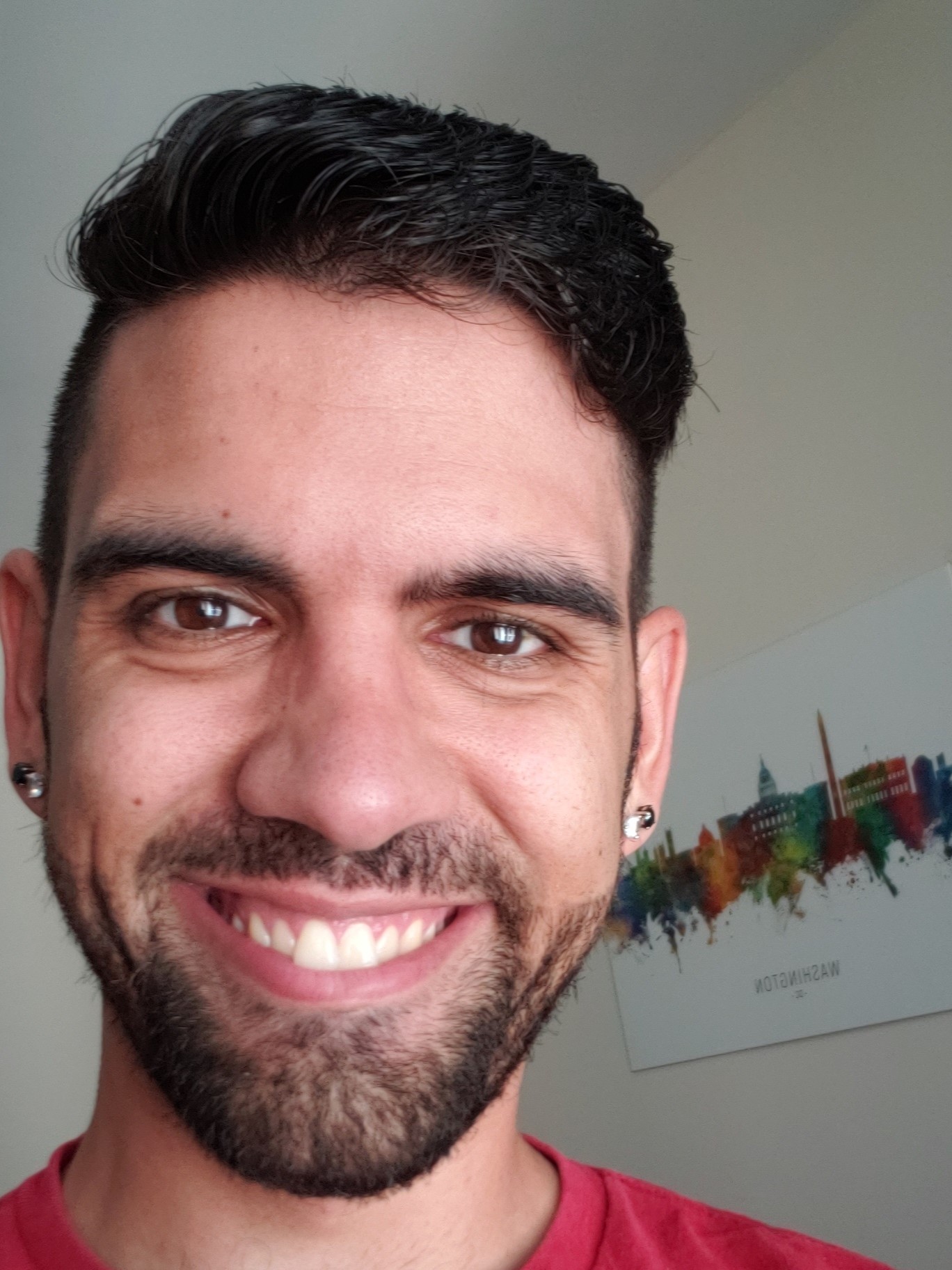When did you graduate from MU and what degree did you acquire? I graduated in 2015 with a BA in geography and political science.
What are your fondest memories of being a part of geography? I have so many wonderful memories from my time studying in the geography department. But if I had to choose one, it would be the days of Professor Joe Hobbs's Middle East Geography class when he shared his firsthand experiences in Egypt and Saudi Arabia. That was a moment in my education that stands out because it was so clear that I had the good fortune of learning from a foremost expert in the field.
What were some of the most important concepts you learned while taking geography classes? A concept that I still think about and employ often in my current work came from Professor Larry Brown's Geography of World Religions class. Early in the semester, Dr. Brown introduced us to the philosophical framework of 'phenomenology,' a judgment-free approach to thinking about difficult concepts (like religious and civic faith) that emphasizes the first-hand experiences and consciousness of the people whose lives, cultures, and practices you seek to understand without applying your own normative perspectives. Phenomenology is a powerful tool for anyone hoping to understand those who are different than them. In my current work as an attorney, it serves to help me better engage my adversaries' arguments and to counter them effectively.
Another concept that I evoke regularly, which I picked up from Professor Soren Larsen, is that of the 'vernacular region' — i.e., informal regions that exist in our collective consciousness but have no formal borders, such as the Midwest. I most often employ this concept when I'm losing an argument with someone from Ohio or Pennsylvania about whether Missouri is part of the Midwest. (Yes, you read that right. Many people on the East Coast don't think Missouri is the Midwest. Wild, I know.)
\Would you recommend the MU Department of Geography to other students? Why or why not? I would absolutely recommend studying geography at MU. Geography is such a rich, broad field that just about anyone can find their niche. Regardless of what you ultimately decide to do with your life, learning to think about and solve problems spatially is like a super power that will never stop impressing your colleagues. (And when you run into a fellow geographer in the wild who really gets it, you'll have endless nerdy fun comparing notes.
What have you done since your graduation? How did your education help with your successes? After I graduated from Mizzou in 2015, I headed off to law school at Stanford in California. I graduated from law school in 2018 and spent the last year clerking for a federal judge in Chicago. Then, just last month (August), I moved to Washington, D.C. where I'll be working for a law firm for a year before clerking for another judge
My Mizzou education, mentors, and peers shaped the way I think, learn, and write; opened many doors for me that didn't even know existed; and encouraged me to dream big. In short, it made me who I am.
What advice do you have for other students who may be considering a geography degree or who are already in our program? Dive in. A lot of disciplines are about collecting as much information as you can in the course of your degree program. But geography is different. Instead of simply asking you to memorize data for regurgitation, it is a discipline focused on teaching you an engaging, unique, and valuable approach to problem solving. (I almost include a teach-a-person-to-fish metaphor but took it out at the last minute. You're welcome.)
Once you've made it to geography, make sure you explore broadly. Take classes in the cultural geography sphere like Middle East Geography right alongside classes on physical geography and mapping science. The broader your exposure, the better prepared you will be for whatever you wind up doing.
